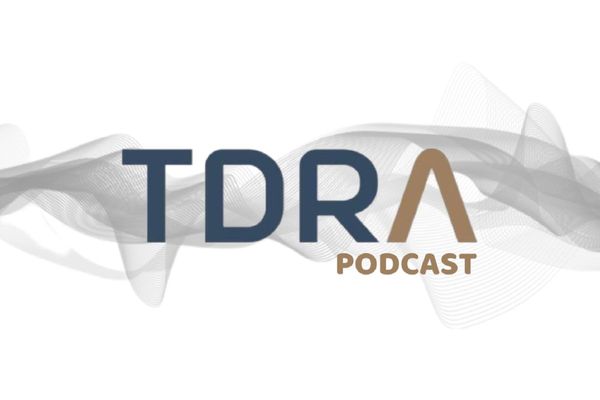Alpen Capital’s latest education industry report projects the total number of students in the GCC to increase by 1.1 million and reach 14.2 million by 2027.
During the forecast period, K-12 enrolments in the region are expected to grow at a CAGR of 1.5 percent to reach 11.7 million by 2027.
UAE-based investment banking advisory firm, Alpen Capital, launched its latest GCC Education Industry report on Wednesday, 2nd August, which features forecasts on the sector, recent analysis on trends, growth drivers, and challenges facing the segment. It also profiles some of the renowned education companies in the region.
The report was launched over a webinar followed by a panel discussion featuring Krishna Dhanak, Managing Director, Alpen Capital; Alan Williamson, CEO, Taaleem; Dr. Munirah M.Alaboudi, Education Segment Director, Ministry of Investment of Saudi Arabia and Ivor McGettigan, Partner, Al Tamimi & Company. Hameed Noor Mohamed, Managing Director, Alpen Capital moderated the discussion.
The GCC education sector has experienced significant growth due to government efforts in diversifying economies and improving education quality, coupled with technological investments following the COVID-19 pandemic. Enrolments are expected to rise in the region due to population growth, higher disposable incomes, and increased private sector involvement, according to Sameena Ahmad, Managing Director of Alpen Capital (ME) Limited.
However, despite opportunities created by blended learning platforms, EdTech providers face challenges such as eroding profit margins, a shortage of skilled staff, and intense competition.
“"Over the past five years, the GCC education sector has seen a significant increase of over half a million student enrolments, driven by factors like a growing school-age population, the presence of private school operators, favorable policies, and a focus on technology-driven education. Following the COVID-19 pandemic, the sector experienced normalization of valuations and witnessed intra-regional transactions with larger operators seeking tuck-in acquisitions to expand their market share. Looking ahead, there is expected to be a growing interest in acquiring stakes in EdTech platforms, and opportunities will arise from the rising demand for affordable schooling and the need to build digital infrastructure to stay competitive in the region,
as stated by Krishna Dhanak, Managing Director of Alpen Capital (ME) Limited.
According to Alpen Capital, the total number of students in the GCC education sector is projected to increase by 1.1 million to reach 14.2 million by 2027, growing at a CAGR of 1.6 percent from an estimated 13.1 million in 2022. Growing school-age population, high per capita income, sizeable budgetary allocations, and favourable government initiatives are expected to drive future growth of the sector. Moreover, the growing adoption of technology and ramping up of investments in digitally aided platforms will help boost the quality of education across the GCC.
Between 2022 – 2027, the pre-primary and tertiary segments are expected to grow at a faster rate than the other segments. The pre-primary segment is expected to grow at a CAGR of 2.2 percent aided by the growing awareness of early-age education and the tertiary segment is expected to grow at a CAGR of 1.7 percent owing to increasing demand and an enabling environment. The primary and secondary segments, which constitute the majority share of enrolments are expected to witness a growth of 1.5% CAGR.
The number of students in private schools is projected to grow at a CAGR of 1.7 percent, whereas enrolments at public schools are likely to increase at a marginally slower pace, recording a CAGR of 1.5 percent between 2022 and 2027.
Growth rates among the GCC nations vary widely owing to country-specific population projections, cost of education, government support, and maturity of the sector, among other factors. Saudi Arabia is expected to remain the largest education market in the GCC growing at a CAGR of 1.6 percent. In terms of annualised growth, the number of students in Kuwait and UAE is projected to grow at a faster rate than the other member nations between 2022 and 2027.
The demand for schools in the GCC is likely to increase at a CAGR of 0.7 percent translating to an addition of an estimated 1,127 schools by 2027 to reach 35,208. While the demand for public schools is expected to increase at a CAGR of 0.4 percent between 2022 and 2027, the number of private schools is anticipated to grow at a faster rate of 1.5 percent.
News Source: Emirates News Agency









